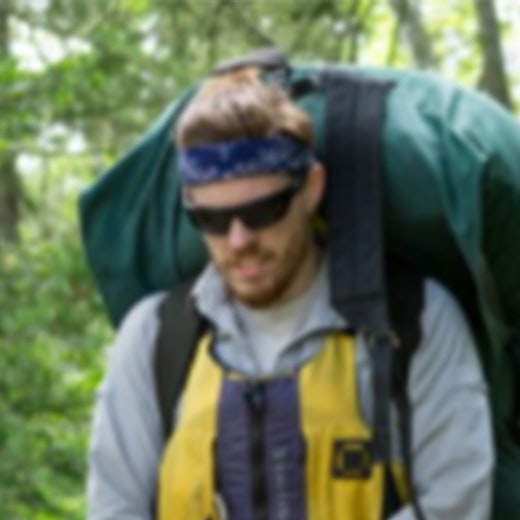
In the 1980’s Camp Voyageur’s founder and director Charlie Erdmann wrote an article in the local Ely Echo. We believe his words are as relevant now as they were back then, and would like to share them with you.
Here is the word-for-word article:
What has happened to camping?
by Charlie Erdmann
As a camp owner and director of many, many years, I am very concerned about the status of camping today. I believe that a young person benefits from the “total” camping experience - learning how to pack, to portage, to canoe, to climb, to hike, to build a fire, to smell the fragrance of the trees, to feel the power of the wind on the water. There is a camaraderie around a campfire that does not come in a more sophisticated city atmosphere. Yet we (as educators) are about to throw the baby out with the bath water, because we do not stand up and defend our beliefs.
The teachable moments are there in the back country like never in a classroom. Campers are in camp 24 hours a day with leadership. Today, programs called camps are endorsed by the public and these programs, which technically may have some athletic merit, are not even in the area of camping.
Let us designate these programs as what they are. An opportunity to learn a skill. They are used to promote fear of not making a team, but not to camp. Those who believe in camping have been sold out and must fight to survive.
The athletic directors and administrative officials in high schools and colleges are confused themselves. They use the name of a prominent coach as a drawing card for a clinic program. This man may appear for a lecture for a day or so, but he does not even know the names of the campers or have an opportunity to influence them. The child will bring home no evidence of camping skills nor of spiritual growth. He may (or may not) have his athletic skills honed in one particular area, but that is all.
The public thinks of camping as only recreation, amusement park entertainment punctuated by fast food. The wilderness experience is forgotten. Camping is the development of skills which make him a better person, with more appreciation for nature and fellow man. The “whole person” is the ideal of a good camping program. In no way is this served by a “skill clinic.” The hope of our society is a better person.
Compare a five day experience (teaching one skill) to a three week opportunity to work on water skills, live in the woods, see sunsets, talk around a campfire and be exposed to people interested in developing the “total person.”



Those of us in the camping business need to think about where we are, where we came from and (with fear and trembling) where we are headed! It is almost too late, but if camping is to survive we must re-evaluate our programs immediately. Very soon real camping for a better life could be a lost program.
People should know the values of good camping as opposed to clinics for athletes. Spread the gospel, know what camping is. Read the definition in Webster as a start.
We in the camping business work for developing a better individual, developing better people than their leaders have been, without thinking of monetary profit. This is the hope for a better world and better individuals. One has a chance as a leader to do this in a camping program. The challenge is always there.






